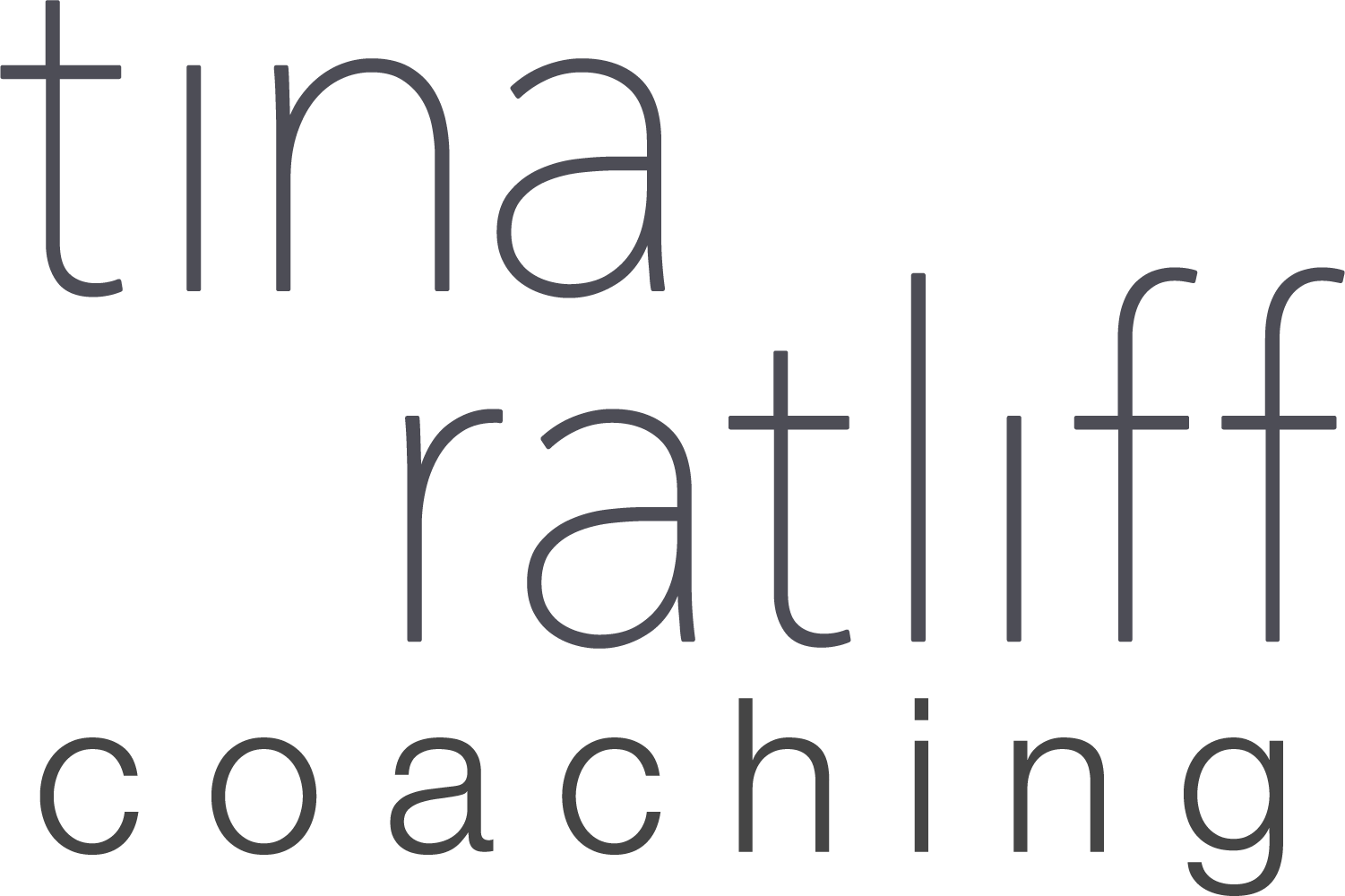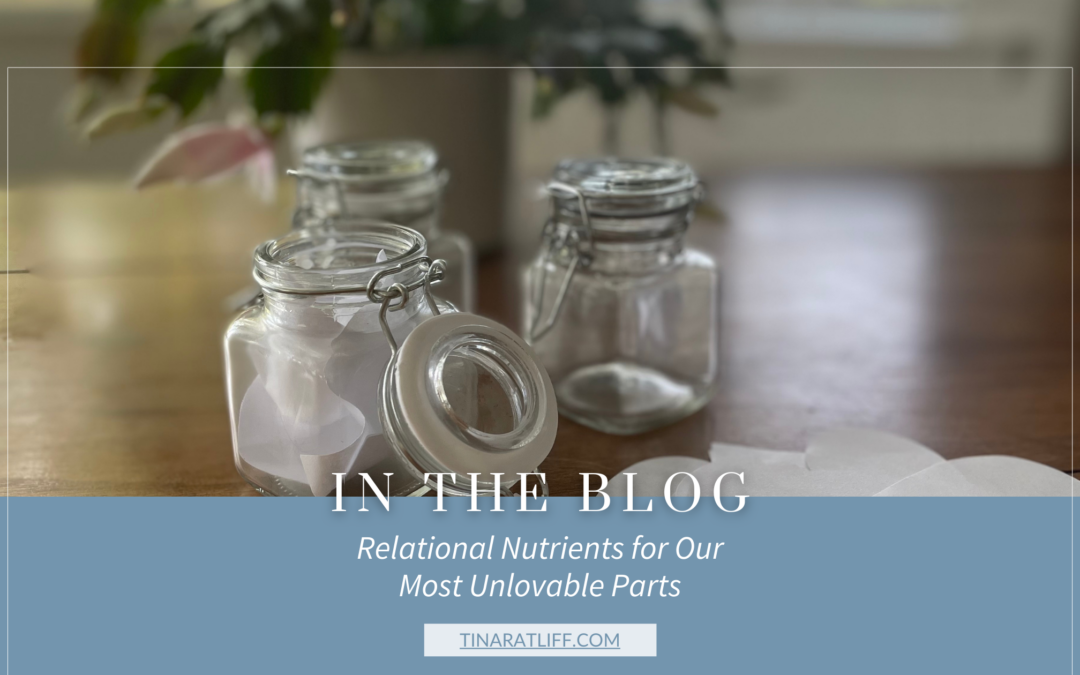Relational Nutrients in our deepest places
are the key to thriving.
I just returned from co-leading a workshop on this topic in Southern California, and thought I would share it with you!
In Psalm 139:23-24, we encounter a powerful and transformative message that carries a profound truth: “Search me, O God, and know my heart! Try me and know my thoughts! And see if there be any grievous way in me, and lead me in the way everlasting!”
This is an invitation to be seen, not through the lens of disapproval and judgment, but through the eyes of a tender God who acknowledges our darkest parts without despising us for them. Personal transformation occurs when we allow ourselves to be ‘seen’ in our most unloved places and nourished with “Relational Nutrients.”
Relational Nutrients are the essential emotional and psychological sustenance we need from others in our deepest places, where wounds, fears, and shame reside. These are the parts of us that we often avoid or bury deep within ourselves. We might think we’ll find all the answers we need externally by doing the right things, trying harder, reading the right books, being ‘successful’ or seeking advice. But it’s only after diving into the depths of our hearts, being safely seen and soothed in those places, that we can begin to experience security and as a result….thrive in all areas of our lives.
Hidden within our stories and our deepest selves are parts that we often find difficult to embrace due to our shame and hurt. However, the needle moves towards healing and thriving only when we bring these challenging aspects of our story and self into the light, sharing them with an Other who can bear witness to that deepest part of our self and still love us. Just as God sees the “bad” in us and loves us there, we, too, can learn to embrace and nurture our unloved, shamed, and contemptible parts.
The opposite of a “bad” self is not a “good” self,
but rather a “loved” self.
The journey towards wholeness is not about transitioning from a “bad” self to a “good” self by working harder or trying to do things better this time. Instead, we must bring these unloved parts of ourselves into the warm light of acceptance. It’s about being safe, seen, and soothed in the places we feel shame so we can become a secure and “loved” self. For it is from being a loved self that real change, healing, and growth emerge. It is in experiencing being loved by God and others that we can then in turn, love ourselves.
To begin this transformative journey, we must first identify the parts of ourselves we dislike, the ones we’re hesitant to share with others. These are the “bad” or unloved parts, the parts that make us feel vulnerable and icky. Suppressing, fixing, or hiding these “bad” aspects hasn’t – and won’t ever – lead to thriving. The key to growth is about acknowledging these unloved parts within ourselves with love and grace.
Once we identify our ‘unloved’ parts, we can bravely bring them into connection with an Other. In this sacred space, we receive the Relational Nutrients needed to pour love into the parts of ourselves we’ve struggled to embrace on our own. As our imperfect, human, flawed, wounded self is loved by an Other, we can flourish in loving our own imperfect selves as well. This work of healing doesn’t happen in isolation; the Relational Nutrient of connection is the catalyst for change and transformation. God designed our brains to need the nutrients given by others. We are not meant to do this thing called life alone.
To further your journey of healing and thriving this week, invite someone you trust to sit with you in your unloved places. Begin one of your journaling sessions by writing down places where you feel shame or hurt. (I had my workshop attendees write them on paper hearts and put them in a jar.) Then, consider bringing one of them into the light of an Other. Choose someone who is safe and a really great listener. Share, asking them to listen without offering advice. Tell them you just want them to sit with you and attune to you, accepting you where you are at. Let these Relational Nutrients of being seen soak into your heart. As you allow someone to bear witness to your vulnerability, over time, the shame dissipates, and you’ll find solutions and personal growth emerging in new places.
When we are loved in our entirety, even in our darkest corners, we can become secure and live our best lives. It’s not about trying harder, finding the answers, suppressing your difficult parts, or ‘fixing it’ – whatever ‘it’ is. It’s about embracing, welcoming, and nourishing these tender aspects of yourself. The path to healing and thriving begins with being safe, seen, and soothed. This is how we grow and create meaningful change.
In summary:
- Identify Your Unloved Parts: Start by recognizing the aspects of yourself you struggle to embrace. These are the keys to your personal growth.
- Share Your Vulnerability: Invite a trusted friend or coach to sit with you in your challenging places, offering acceptance and understanding without judgment.
- Receive the Relational Nutrient: Watch as shame dissipates, and solutions and growth emerge from the warmth of acceptance.
The path to healing and thriving begins by being safe, seen, and soothed. Start your journey today by acknowledging, accepting, and nurturing your deepest, most authentic self.
For further study: The Deepest Place by Curt Thompson, Boundaries for Your Soul by Alison Cook & Kimberly Miller, and People Fuel by John Townsend

